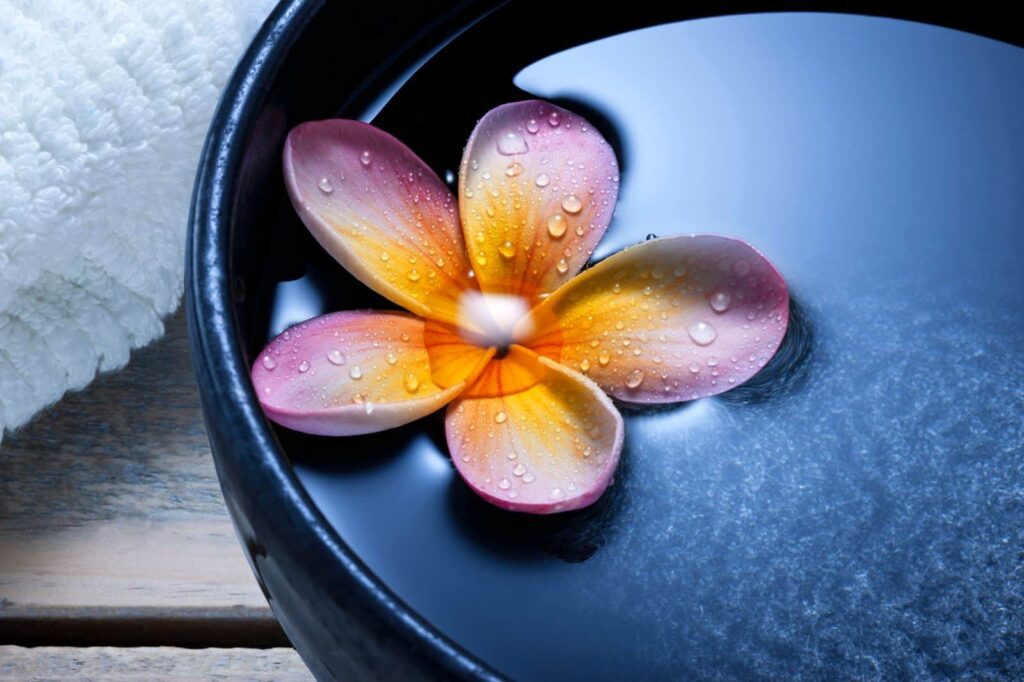Curious about the many possibilities around self-touch? If so, welcome. As your masturbation coach, I provide self-pleasure coaching with personalized guidance. I give you a non-judgmental space to explore your pleasure, break through blocks, and cultivate a deeply satisfying solo practice.
Masturbation can be good for us in many ways. It can:
On the other hand, masturbation can become addictive or lead to problematic habits and self-criticism when approached off-kilter. How do you find support for erotic health while releasing negative habits or belief patterns? Discuss with a certified somatic sexologist and masturbation coach!


Touch is basic to our well-being. Nearly everyone masturbates – studies report that 95 percent of people do – and it’s the safest sex there is. Often, we start as a child who accidentally discovers that, wow, it feels nice to touch myself this way.
Masturbation coaching teaches you erotic self-care, how to expand your anatomical self-knowledge, and how to train for better love-making with a partner. It can help clients discover new pleasure zones in their body, expand their self-touch repertoire, and release belief patterns that cause distress.
Masturbation coaching can help those who’ve never orgasmed before, lost sensitivity around over-stimulating toys, or who suffer from various traumas and want to reclaim their bodies. Being a female orgasm coach, I support you in establishing self-touch rituals with or without a focus on orgasm, and address any questions you may have.
Private male orgasm coaching can help men to reduce their performance anxiety, deepen their embodied presence, or become less dependent on pornography. I offer online masturbation coaching and demonstrate with models (in case you were wondering about me as a woman coaching men!).
“Manus” means hand and “turbāre” means to disturb or agitate. Although many strictly use the word masturbation to describe climax and orgasm, it’s actually much broader than that (just as “sex” doesn’t solely refer to an act of penetration). Sometimes people use the phrase “pleasure practice” as a broader way to describe the many ways we can touch ourselves sensually.
If you recall that masturbation is about pleasurable self-touch, it’s hard to imagine pleasurable touch ever being “too much”. If this question is instead asking about masturbation leading to too much ejaculation (exhaustion), or masturbation leading to emotional distress (instability), or masturbation leading to injury (through unsafe touch), then yes, these are situations that are important to address and work to change.
Pay attention that your touch does not hurt in any way. If it does, stop. Make sure to wash your hands before and after you masturbate. Best, begin and end with conscious awareness, giving yourself time to settle into your body and to be fully present rather than touching yourself absent-mindedly.
Sometimes, tiredness, stress, or distraction make masturbation uncomfortable or boring. Sometimes you need to change it up. You may be relying on old habits that don’t feel good anymore.
Sex toys can be useful until or unless you become dependent on them, or if you are noticing numbness due to high-intensity vibrations. Numbness isn’t permanent. However, keep it balanced between some toy use and sometimes no toy use – this will help you to maintain self-awareness.
You can be either on camera or off for online coaching. Being seen is not necessary at all, so visibility is completely optional. I guide my clients with my voice and through real-time check-ins about what they are experiencing in their practice. The main idea is to help you create a practice in which self-touch feels safe and comfortable.
Disclaimer: Sex and intimacy coaching is not psychotherapy. I’m not a licensed social worker or marriage and family therapist so I offer neither therapy, psychotherapy, or medical advice.
© 2026 – Dr. Liz Ray